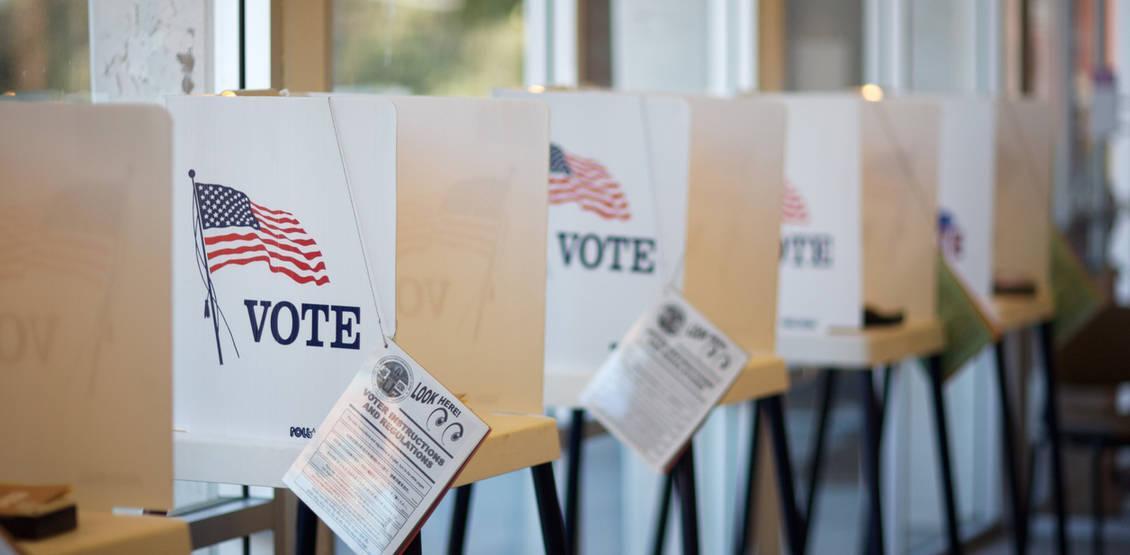This election year has already had its share of surprises and upsets, and it’s just getting started. Political parties and individual campaigns alike are scrambling to reach out to as many members of the community as possible. Networks of volunteers are cold calling voters while robocalling systems are dialing numbers at an astounding rate. One metric given by an unnamed party estimates the number of calls to be around 50,000 per day within one party’s headquarters alone.
That’s a lot of calls being made. Imagine 50,000 calls per day until November 8th.
That’s roughly 12 million phone calls, and that estimate is for just one political party.
As a phone validation expert, we question how these massive lists have been prescreened to ensure compliance on a number of issues.
For example, robocalling systems are prohibited from dialing wireless phone numbers. With most phone numbers being ported from landline to mobile, this leaves a much more condensed pool of potential voters to be accessible — at a time when political parties and campaigns are under serious pressure to get out the vote. By current estimates, the total available landline numbers in the United States has shrunk from 175 million to roughly 65 million active phone numbers.
Many wireless numbers are unidentifiable by contact name — even with Caller ID — unless that number has previously registered by an opt-in site. In order to comply with the Telephone Consumer Protection Act of 1991, political telemarketers need to perform some sort of phone validation on their massive lists in order to track local number portability and identify wireless and VoIP phone numbers.
Compiling a massive list in such a short time would require access to lists which may contain numbers that have since been ported or disconnected. Thus, campaigns and their robodialers may be dialing numbers that they believe are landlines, yet are really mobile phones. They may also be wasting valuable time and resources dialing disconnected numbers. Phone validation software both identifies wireless and VoIP numbers and scrubs lists for disconnected numbers.
As the race to gain key electoral votes continues, many parties are feeling the pressure to ramp up efforts to swing votes in their favor. This sense of urgency is likely enticing political organizations to seek fresh contact leads, and knowing whether it is legal to contact someone thanks to real-time phone validation would be of utmost value. Compliance is essential, and easy to accomplish with our real-time phone validation API which instantly identifies whether a phone number belongs to a landline or wireless phone.












